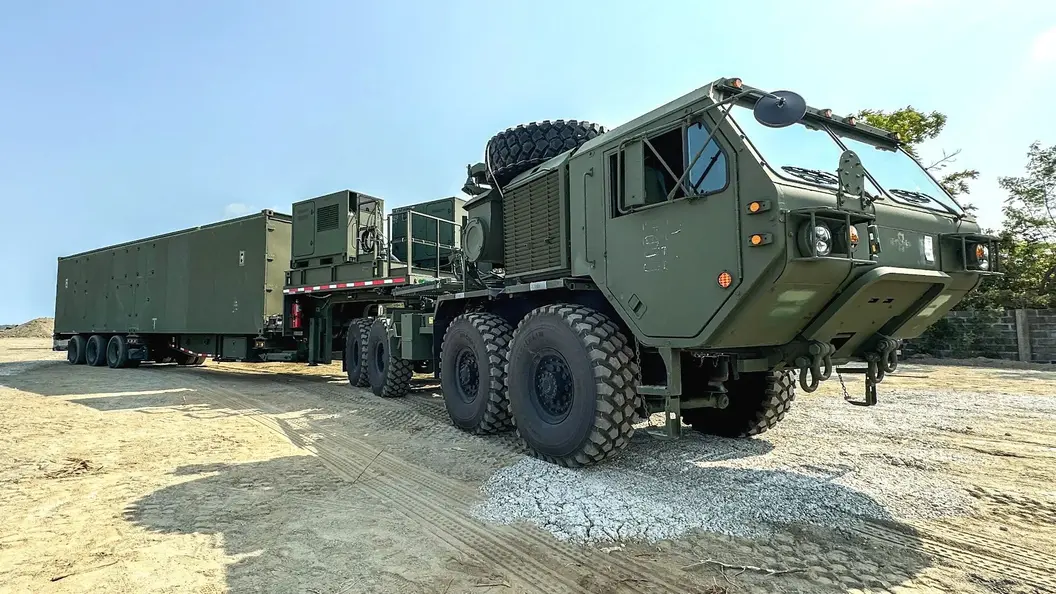Indian Prime Minister Narendra Modi’s 2-day visit to Russia begins on Monday. During the meet, Russian President Vladimir Putin has set a dinner night for PM Modi today.
The meet is significant in Russia-India’s bilateral relationship because, this would be PM Modi’s first visit to Kremlin since the invasion of Ukraine.
Agenda of the PM Modi’s meeting
India’s Foreign Secretary Vinay Kwatra said in a media briefing –
1. Reinforcing the development of “traditionally friendly relations between Russia and India”.
2. Discussing topical issues on the international and regional agendas.
3. Reviewing issues related to trade, defense, investments and energy cooperation.
4. The two countries will also assess the status of bilateral engagements in groupings such as Shanghai Cooperation Organization, the Group of 20, the BRICS bloc of developing nations, the United Nations and the East Summit.
5. The issue of duping Indian nationals into the Russian army by the Russian authority.
6. Discussions on Russia’s full scale invasion of Ukraine, sanctions from the Group of 7 nations, as well as other countries.
Following his meeting with the leaders of the G7 last month in Italy, where the United States, Canada, France, Germany, Italy, Japan, and the United Kingdom were present, Modi paid a visit to the Kremlin. There, he agreed to use the proceeds from the freezing of Kremlin assets to finance Ukraine’s war against Russia.
“This trip will rankle many Western observers,” an analyst at the Lowy Institute pointed out in a published commentary.
India’s refiners have been snapping up discounted Russian oil since the start of the Ukraine war. New Delhi’s purchase of cheap Russian oil has been viewed as “profiting from troubles in the heart of Europe,” the Lowy report said.
India-Russia Ties previously..
The close relations between India and Russia dates back to the cold war era. Where the west countries like U.K and U.S supported Pakistan over India. At that time Moscow was that friend who stood India’s back and was India’s biggest arms supplier.
However, the Stockholm International Peace Research Institute (SIPRI) reports that Russia’s proportion of India’s weapon imports has decreased significantly in recent years, from as high as 76% in 2009–13 to 36% in 2019–23.
In an effort to broaden its foreign military equipment supply, India has been purchasing more weapons from Western nations like the US and France in recent years.
India has increased its purchases of inexpensive Russian oil throughout the last few years.Since Moscow was shut off from conventional European consumers, this initiative has given it access to a much-needed export market.
As a result, energy relations have drastically changed, saving India billions of dollars and boosting Moscow’s finances.
Despite the possibility of Western sanctions, Anil Wadhwa, a former Indian ambassador, told DW that both parties are eager to maintain their cooperation and boost investments in one another’s industries.
He stated that defense and oil and gas cooperation will be top priorities for both Modi and Putin.
“Equally important will be the Russian stance on the BRICS’ expansion, the relationship with China and prospects for cooperation in new areas like connectivity between the two countries,” he stated.
On the historical ties of India and Russia, Foreign Minister S. Jaishankar remarked that, “It is a way of taking stock of any relationship … one of the biggest changes has been, that our economic relationship with Russia has grown tremendously … at the leadership level, it will be a great opportunity for PM Modi and President [Vladimir] Putin to sit down and directly talk to each other,” he told the news agency ANI.
India’s problem with China-Russia Ties
The foreign policy establishment in India believes that if Russia wins the conflict in Ukraine and returns to Beijing weaker and more dependent, New Delhi will be left in a vulnerable position.
Since entering Ukraine, Moscow has been establishing closer connections with Beijing, which has already caused New Delhi some concern.
The two most populous countries in the world, China and India, have territorial issues that have caused fighting along their common border.
Beijing and New Delhi are opposing geopolitical powers vying for control over the political and economic spheres in Asia.
Read more –


















